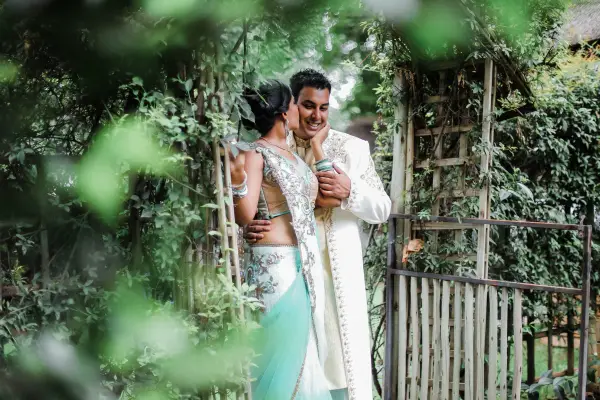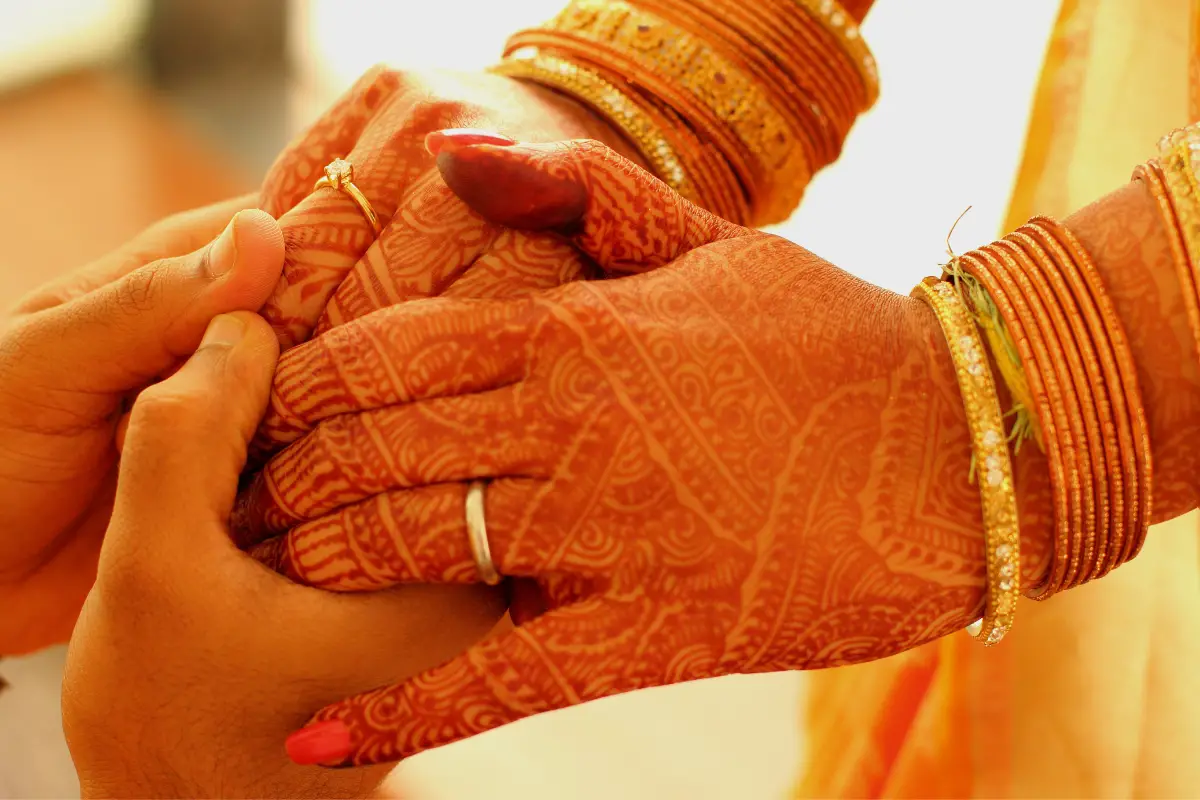Arranged Marriages
Arranged marriages have been a long-standing tradition in many cultures around the world, spanning centuries. However, with modernization and globalization, views on arranged marriages have shifted. While many now see it as outdated or restrictive, arranged marriages still remain relevant and even beneficial when done right.
In this blog article, we will dive deeper into 10 key reasons why arranged marriages can actually foster strong, lasting relationships:
10 Reasons Why Arranged Marriages Are Good
1. Involve Elders’ Wisdom and Guidance
Arranged marriages leverage the wisdom and experiences of elders like parents who likely want the best for their children. With their deeper life experiences, they may see compatibility issues or red flags younger couples miss in the throes of attraction. Their objectivity helps ensure alignment on core values, family plans, and the foundation for a lasting marriage.
2. Emphasize Family and Social Compatibility
Since arranged marriages view marriage as tying two families together, compatibility assessments go beyond just the couple themselves. There is richer focus on family backgrounds, values, lifestyles, social status/class, shared interests across families, and responsiveness to mutual kin. This wide angle lens promotes familiarity and togetherness.
3. Allow Time to Slowly Build Understanding
Couples brought together by mutual kin have more opportunity, especially early on, to gradually get familiar without the pressures of dating or impressing each other as prospective mates. They can first interact as friends or acquaintances, building genuine understanding by observing and assisting each other in family settings over time.
4. Prioritize Commitment and Stability
With the involvement of elders and family in the matching process, there is an increased sense of responsibility, gravity, and long-term commitment expected of arranged marriages from day one. This promotes early investments into relationship viability rather than casual dating. The couple and families are invested in making it a life-long union.

5. Enable Complementary Partner Selection
Since traditional arranged marriages match partners through trusted elders, the selection process itself objects to find holistic complementary fits going beyond just attraction or puppy love. Partners can be selected based on mental, emotional, social, values-based, and skill-based compatibility along with physical attributes.
6. Foster Stronger Adjustment and Conflict Resolution Skills
The gradual courtship process followed by long-term commitment expected in arranged marriages enables and even requires couples to consciously develop and strengthen their adjustment capabilities, adaptability, and conflict resolution skills from the onset of marriage for smooth sailing over decades. Patience and effort levels are higher.
7. Place High Stakes on Relationship Success
Peer and family involvement, along with no easy “walk away” options, create conditions where couples in arranged marriages have higher relationship stakes. Failure is not easy, motivating tenacity. With divorce still taboo in traditional contexts, fights for reconciliation are higher, as are peer pressures to maintain marital harmony.

8. Enable Tailored Spouse Selection Services
Modern services for arranged marriages leverage technology, data, psychometric testing, and counseling methods to carefully assess individual wants, needs, and personalities and match with suitable partners – even from different cities or abroad. This tailored approach suits the preferences and expectations of both traditional parents and progressive young singles looking for meaningful commitment.
9. Retain Family Bonds across Generations
Arranged marriages help retain ancestral lineage connections across generations. They bind large families and communities together as one unit since the affairs of one family naturally impact the other. This feeling of expanded collective support creates emotional security and resilience in couples, buffering against isolated nuclear family units of the modern era.
10. Prioritize Collectivism and Interdependence
Tying in with family bonds above, arranged marriages structurally embody and promote a healthy sense of community, group interdependence, and collective responsibility at their core. The couple sees each other relationally as part of bigger family units rather than just isolated individuals, balancing personal ambitions with a sense of duty towards household, children, and community over decades.
The Reality of Choice
At its core, arranged marriages are about aligning choice – romantic notions of love, mental compatibility, shared values, collaborative families – under guidance versus independently.
They structure marriage partner choice as an interdependent family decision rather than just a couple’s decision for collective stability. And despite misconceptions, most modern arranged marriages – especially in urban educated contexts – still leave room for couples’ veto and consent.
In an increasingly disconnected world, this blend of individual agency with family blessings helps couples jointly craft lasting bonds. When done thoughtfully, arranged marriages can hence nurture a strong marital foundation through holistic alignment of practical factors with emotional togetherness.


